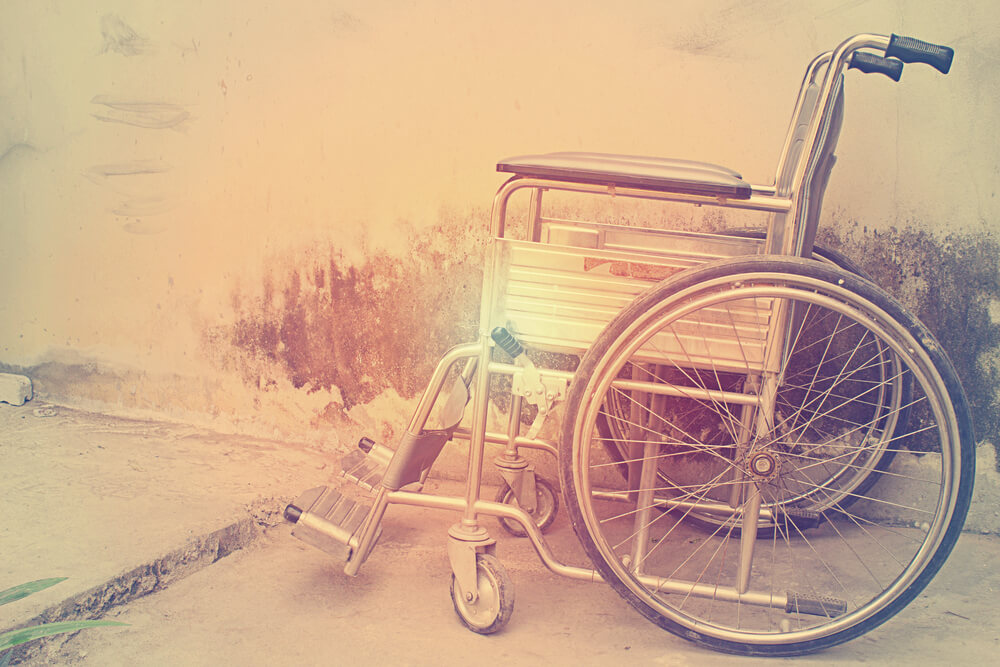Three Commonly Missed Signs of Nursing Home Abuse
Florida has over five million adults over the age of 60, and the state’s senior population is expected to grow rapidly in the coming years. According to the Florida Health Care Association, there are almost 700 licensed nursing homes in the Sunshine State, representing more than 83,000 beds. There are another 3,000+ licensed assisted living facilities (ALFs) in the state, representing an additional 92,000 beds.
As the population continues to age, nursing facilities are nearing capacity. This is resulting in staffing shortages, poorly-trained staff, and substandard living conditions for many of the elderly that are in these facilities. The nursing home crisis is a nationwide problem, and according to a 2017 Naples Daily News report, Florida ranks near the bottom in accessibility and quality of long-term care services compared to other states. Florida currently ranks 46th in the nation in these categories, which is a drop of three slots from their previous ranking of 43rd in a 2014 report.
The current conditions in nursing homes have resulted in a growing number of nursing home abuse cases. According to an ABC News investigation from the early 2000s, elder abuse was found to be occurring in one out of every three nursing homes. Higher patient loads, inadequate staffing, and inadequate training in recent years has made the problem even worse.
The shortage of employees in these facilities has resulted in many of them employing negligent hiring practices. Examples include hiring employees who do not have the proper education, failing to run required background checks, and failure to comply with other state and federal requirements.
Today, it is estimated that as many as 5 million seniors are abused each year. Sadly, the vast majority of nursing home abuse cases are never reported. Abuse victims are often intimidated into silence, because they depend on their caregivers for everything. Another problem is that abusers often target patients with dementia, because they are less likely to remember the abuse, and if they do report it, it is easier for the abuser to discredit their story.
Common Signs of Nursing Home Abuse
Neglect and abuse in nursing homes happens in a number of different ways. Abuse is not always physical, it can be emotional, psychological, and financial as well. Here are some common signs to look for that might indicate that a nursing home patient is being abused:
There are some signs of elder abuse that are frequently missed because they are more difficult to detect. Here are three commonly missed signs of nursing home abuse:
Caregiver Stories that are “Too Good to be True”: Some abusers are very good at covering up what they are doing. They are classic con artists that always have a good story. Your aging loved one gets hurt three times in a two-week period, and they always explain it away with some innocuous-sounding story. Many times, they will put the blame on the victim and make it seem like it’s their fault that these things keep happening.
Ambivalence, Resignation, or Withdrawal: Another possible sign of nursing home abuse that is commonly missed is an attitude of resignation, withdrawal, or just no longer caring about anything. This can be a sign of elder abuse, or it could be a sign of dissatisfaction with the nursing facility and life in general. Any mood changes that seem to be out of character are cause for concern and require a deeper examination to uncover the root cause.
Confusion or Disorientation: The effects of nursing home abuse can cause elderly residents to become physically exhausted, which can make them more confused and disoriented. It is easy to mistake these symptoms for signs of Alzheimer’s or dementia. If you see this happening, it could be a sign of abuse, and it is important to look closer and identify any other signs that this could be occurring.
What to Do if You Suspect Nursing Home Abuse in Florida
If you believe someone close to you may be experiencing abuse at a Florida nursing facility, it is important to take immediate action. The first step is to speak with the facility management and discuss your concerns. The facility should have their own procedures in place for handling allegations of abusive staff members.
If you are not satisfied that the facility is taking your concern seriously, you can report the abuse to the Florida Department of Elder Affairs by calling 800-96-ABUSE or 800-453-5145. You should also get in touch with an experienced Florida nursing home abuse lawyer to discuss your loved one’s rights and legal options.
At Whibbs Stone & Barnett, we are outraged by the treatment so many of our honored elders receive in nursing homes. We are committed to obtaining justice for elder abuse victims, and to ensuring that those responsible for this egregious behavior are held fully accountable. Call us today at 1-888-219-4561 or send us a message through our web contact form to schedule a free consultation and case evaluation.



